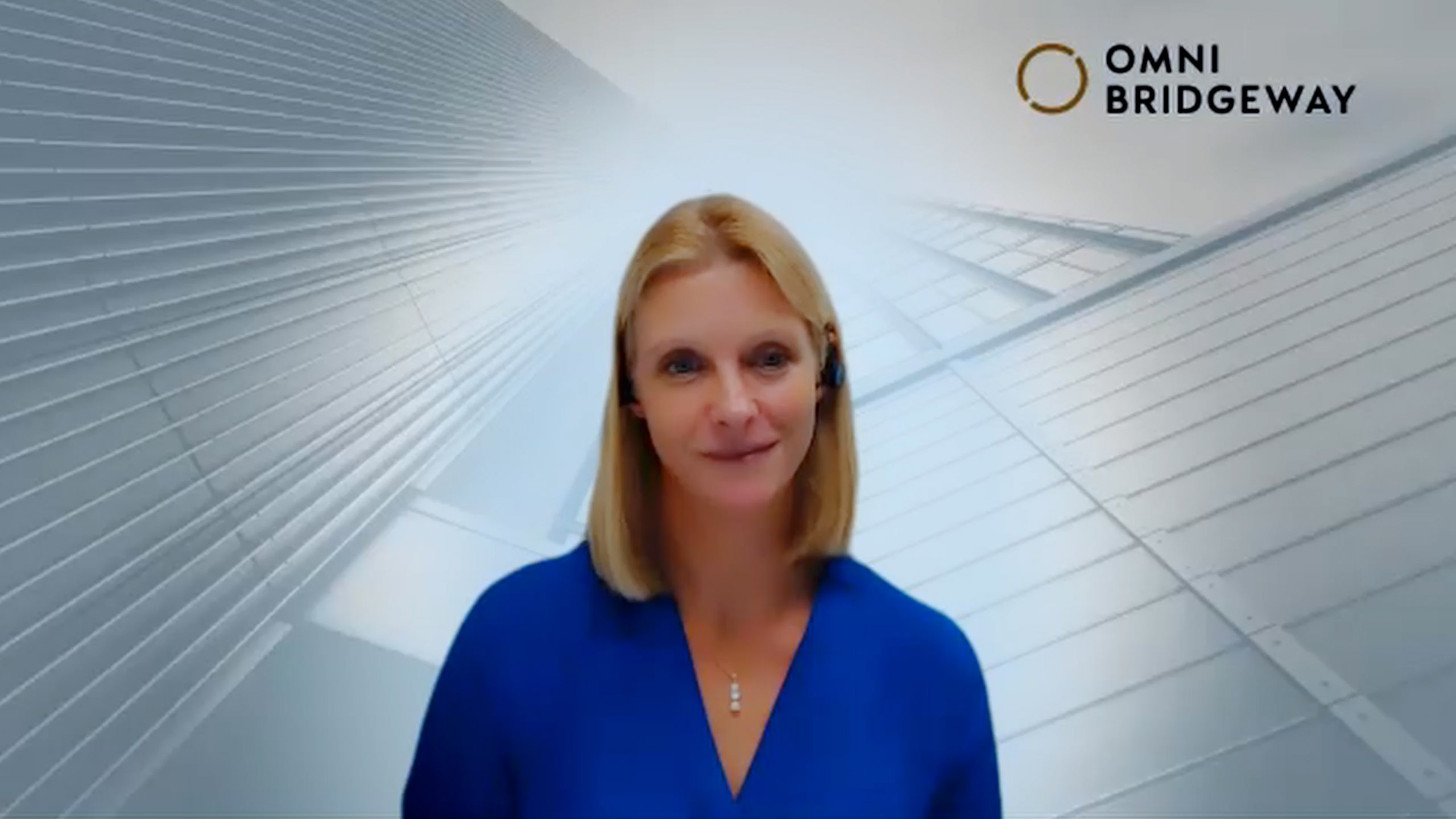
Future of Litigation Finance
Investment Manager at Omni Bridgeway
inpractise.com/articles/irr-future-growth
Why is this interview interesting?
- Potential evolution of the industry
Ruth Stackpool-Moore
Investment Manager at Omni Bridgeway
Interview Transcript
So it’s more about educating corporates and claimants about the opportunities and the claims they may have?
That’s part of the work we do. I also think that is going to be a natural progression, regardless of how much we do. The more cases that we fund, some companies will be repeat users. They will use funding in one case; if they have 10 cases, they might then consider using it in the rest of their cases. They will probably also talk about their experience with colleagues, who will then become aware of funding and think, yes, that could be something l could think about for the dispute that I am looking at right now. Plus, there are more funders involved in the market now, so there are more people like me, educating people as part of their day to day job. I think, just by necessity, the number of people who are aware of funding and want to use it, will increase. The number of cases where funding is considered will increase.
We always see these numbers mentioned, like 5% of total cases are actually funded, or around that number. What are the real barriers to increasing that? How do you look at the evolution of that penetration of funding?
It’s a balance. People focus on that for a number of different reasons. First of all, you have to have a meritorious claim. A lot of people get upset about the idea of funding, of an uninterested third party taking part in a dispute; people think that that is, somehow, going to interfere with how justice operates, in a bad way. That is not the case. We have no interest in engaging in cases that we don’t think can be sustained on their own merits. It is not necessarily that we need to see that number increase, but there are the other economic factors that have to fall into place for us to be interested in funding the claim. Equally, the client has to also want to take funding on the basis of the pricing that we can offer.
At the moment, we reject more cases on the basis that we are not interested in pursuing them, than where we offer pricing and clients don’t wish to take it up with us. That might change, over time, but it’s hard to say.
How do you look at where we are in the lifecycle of litigation financing, as an industry?
Again, this is quite dependent on region and jurisdiction. There are different levels of development of the industry, in different places. But I think we’re definitely beyond the startup type of environment. We’re now into the market operation where we see people combine, we see some shake up. New entrants come but they might not be able to stick. We’re in that secondary phase, I think. It’s definitely still in a growth phase; there are numerous areas where funding is being used where it hasn’t been used in the past. Corporate acceptance is definitely increasing and growing and we expect that to continue.
There are new opportunities for product development. Things that we’re thinking of, in particular, include distressed asset investing, which has not typically been what we’ve done. Defense funding, I also mentioned, is something that I think we will get to grips with, sooner rather than later.
Copyright Notice
This document may not be reproduced, distributed, or transmitted in any form or by any means including resale of any part, unauthorised distribution to a third party or other electronic methods, without the prior written permission of IP 1 Ltd.
IP 1 Ltd, trading as In Practise (herein referred to as "IP") is a company registered in England and Wales and is not a registered investment advisor or broker-dealer, and is not licensed nor qualified to provide investment advice.
In Practise reserves all copyright, intellectual and other property rights in the Content. The information published in this transcript (“Content”) is for information purposes only and should not be used as the sole basis for making any investment decision. Information provided by IP is to be used as an educational tool and nothing in this Content shall be construed as an offer, recommendation or solicitation regarding any financial product, service or management of investments or securities.
© 2026 IP 1 Ltd. All rights reserved.


